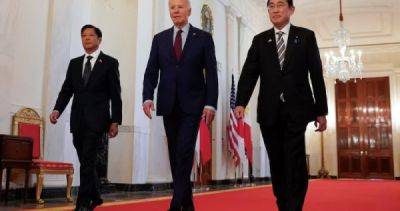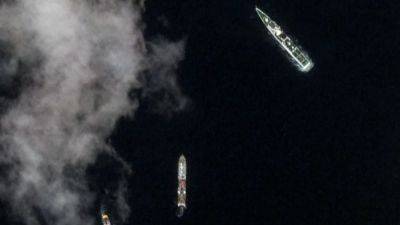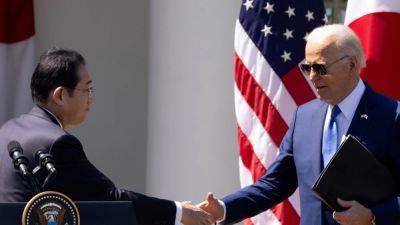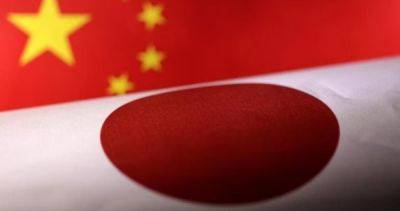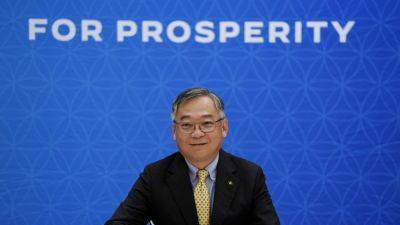China challenges United States’ EV subsidies at WTO
China has filed a complaint to the World Trade Organization (WTO) after the United States excluded buyers who purchased electric vehicles (EVs) with Chinese batteries from its subsidy scheme.
Since January 1, EV buyers in the US have not been eligible for tax credits of US$3,750 to US$7,500 if critical minerals or other battery components are sourced from Chinese, Russian, North Korea or Iranian companies, according to US President Joe Biden’s signature climate legislation, named the 2022 Inflation Reduction Act.
As Russia, North Korea and Iran do not mass produce EV batteries, the United States’ new rules apparently target Chinese firms only.
“Under the 2022 Inflation Reduction Act, the US formulated discriminatory subsidy policies for new energy vehicles and excluded products made by other WTO members such as China from its subsidy scheme,” an unnamed spokesperson for the Chinese Commerce Ministry said in a statement released Tuesday.
“Such a move has distorted fair competition, seriously disrupted the global supply chain of new energy vehicles and violated WTO’s national treatment and most-favored-nation treatment principles,” the spokesperson said. “China firmly opposes it.”
The spokesperson urged the US to abide by the WTO rules, respect the development trend of the global EV sector and promptly correct discriminatory policies.
China’s WTO complaint was filed after the Chinese Foreign Ministry on March 22 criticized western countries for advocating protectionism and establishing trade barriers in the name of “fair competition” and “national security.”
“What they protect are their underdeveloped industries, what they lose is their future development and what they reap is lose-lose,” Lin Jian, a spokesperson of


